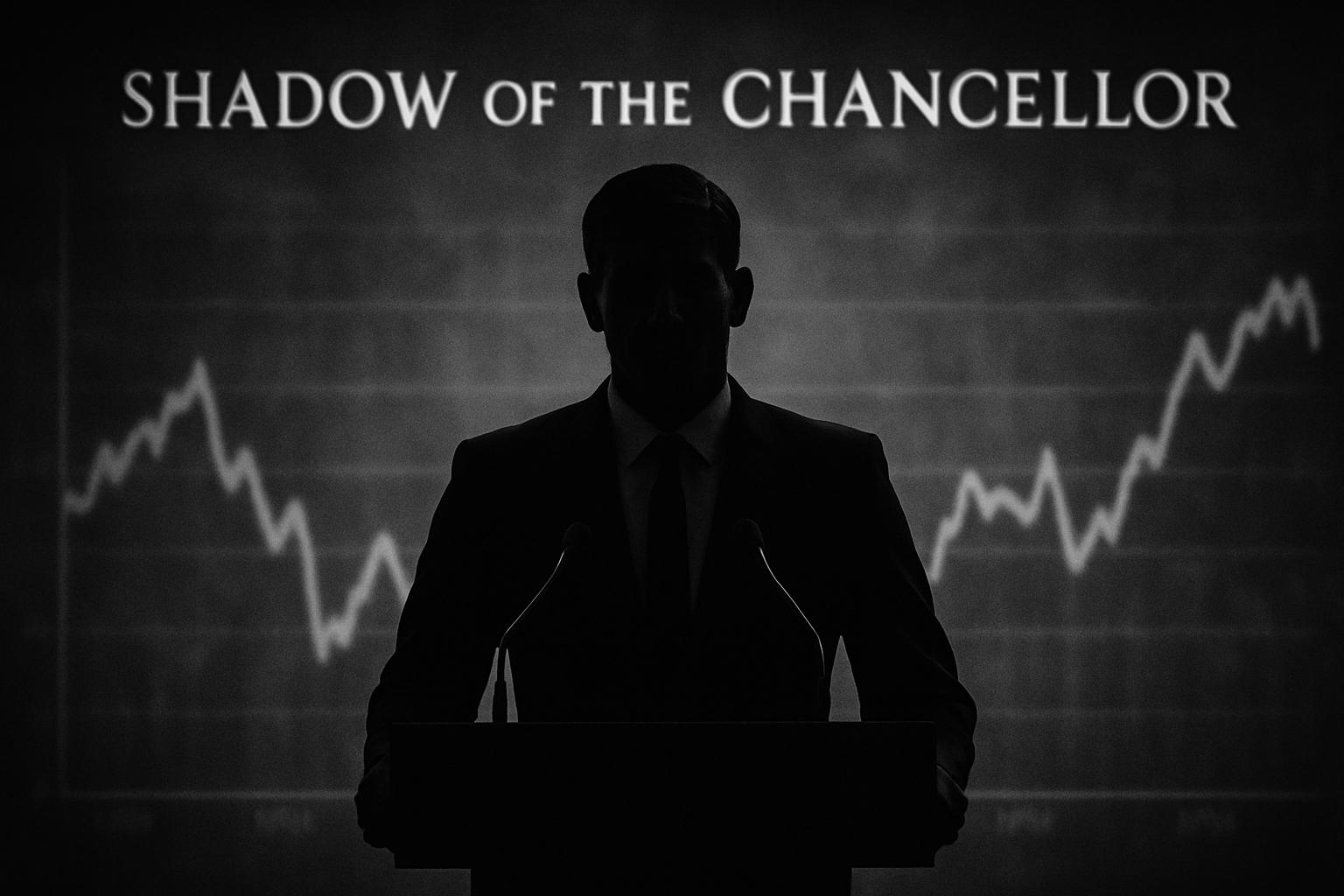Rachel Reeves, the UK Chancellor, has asserted that Britain can defy gloomy economic forecasts amidst a challenging fiscal outlook. The Office for Budget Responsibility (OBR) is expected to downgrade productivity estimates by 0.3 percentage points, potentially creating a £20 billion shortfall in the upcoming budget. This revision places Reeves at the helm of one of the most difficult fiscal positions in recent years, compounded by the need to reverse previous welfare cuts, abandon the two-child benefit cap, and manage the impact of ending the winter fuel payment cut. Despite these headwinds, Reeves is resolute in not accepting the projections passively and aims to prove the forecasts wrong through strategic budget choices and reforms.
Reeves candidly acknowledged that Britain's productivity woes stem from a legacy of austerity, Brexit-related disruption, and the COVID-19 pandemic. However, she emphasised that dwelling on past mistakes must not dictate future policy, stating her determination to "defy" rather than accept the forecasts. The Treasury is hopeful that by the budget date, adjustments such as lower borrowing costs, better-than-expected growth, and positive assessments of policies like planning reforms and new trade deals could narrow the fiscal gap. The International Monetary Fund (IMF) recently revised the UK's 2025 growth forecast slightly upward to 1.3%, projecting the UK as the second fastest-growing G7 economy—a silver lining that offers some room for optimism.
Nevertheless, economic challenges remain acute. The Resolution Foundation flagged a £4.4 billion deficit relative to Reeves's self-imposed fiscal rules, accentuated by declining growth forecasts and rising borrowing costs. The Organisation for Economic Co-operation and Development (OECD) also trimmed UK growth projections for 2025 and 2026 due to global uncertainties and shifts in trade policies, lowering expected growth to 1.4% and 1.2% respectively. Such adjustments underline the precarious environment in which Reeves must operate, with the OBR reportedly signalling that productivity downgrades alone could add £9 billion to £18 billion annually to fiscal pressures. Independent analysis suggests that overall fiscal tightening of over £50 billion may be necessary to meet budgetary targets.
In her Guardian article, Reeves criticised the pessimistic narrative pushed by Reform UK and the Conservative Party, which she argues thrives on portraying the British economy as permanently broken and in decline. She rejects this fatalistic view, pointing to economic foundations such as recent interest rate cuts, wage growth outpacing inflation, and government investments in infrastructure and public services as evidence of resilience. Nonetheless, she acknowledged the depth of the challenges facing working families burdened by the cost of living crisis, alongside global uncertainties that continue to inflate borrowing costs and dampen productivity gains.
Political constraints surround Reeves's policy options. Some Treasury and Downing Street advisors consider raising income tax, particularly targeting higher earners, as a necessary step to bridge the fiscal gap without resorting to further tax rises later in the parliamentary term. Yet Reeves appears wary of the political fallout, recalling the backlash after last year's national insurance increase that breached Labour’s manifesto promises. At her appearance at a business summit in Saudi Arabia, Reeves emphasised the need for "sufficient headroom" within fiscal rules to guard against future economic shocks, suggesting last year’s £9.9 billion buffer was insufficient.
On inflation and broader economic policy, Reeves attributes part of the UK's persistent high inflation to Brexit’s trade friction with the European Union, advocating for a reset of the relationship with the bloc to reduce costs linked to trade barriers. While inflation has begun to ease slightly, the IMF forecasts the UK will experience the highest inflation among advanced economies in 2025 and 2026, with rates averaging 3.4% and 2.5% respectively. Reeves’s upcoming budget is expected to include measures aimed at reducing household cost pressures, potentially including energy price relief, although some spending cuts are anticipated overall, with a firm stance against returning to austerity.
Reeves's economic strategy also involves curbing tax avoidance and trimming government running costs, though welfare cuts remain contentious. She defends such measures as a means to incentivise work and reduce poverty, despite critics warning of increased hardship for vulnerable groups. Defence spending will also increase by £2.2 billion, reflecting concerns over national and economic security in an uncertain global landscape.
In sum, Chancellor Rachel Reeves faces a delicate balancing act: navigating downgraded productivity and growth forecasts while maintaining fiscal discipline, upholding political commitments, and addressing cost of living pressures. Her declared ambition to "defy" negative forecasts reflects both determination and the scale of the economic headwinds confronting her ahead of the November budget.
📌 Reference Map:
- Paragraph 1 – [1] (The Guardian), [4] (Reuters)
- Paragraph 2 – [1] (The Guardian), [3] (Reuters), [6] (Moneyweek)
- Paragraph 3 – [2] (Reuters), [3] (Reuters), [4] (Reuters)
- Paragraph 4 – [1] (The Guardian)
- Paragraph 5 – [1] (The Guardian), [2] (Reuters)
- Paragraph 6 – [1] (The Guardian), [6] (Moneyweek)
- Paragraph 7 – [1] (The Guardian), [5] (AP News)
Source: Noah Wire Services
